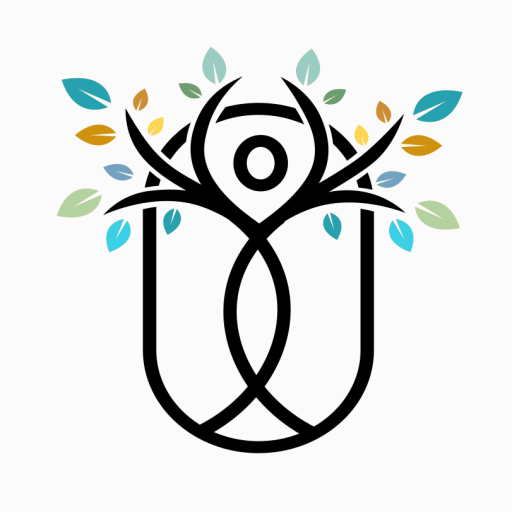
As a girl, I grew up going to Al-Anon meetings with my mother. Al-Anon is a meeting for those living with an individual struggling with alcoholism–as was my step-father. One of the primary teachings in Al-Anon is about codependency–“a behavioral condition in a relationship where one person enables another person’s addiction, poor mental health, immaturity, irresponsibility, or under-achievement. “
As I entered adulthood, I realized that I had adopted many of these tendencies for myself but not because I was married to an alcoholic. I adopted them because I was in church ministry.
Codependency often looks like this:
- Possessing an unhealthy tendency to rescue and take on the responsibility of others.
- Satisfying the needs of others through self-sacrifice as a means of self-esteem and purpose.
- Staying in lengthy, unhealthy, rescuing, and/or self-sacrificing relationships at the cost of self (or children).
- Working to motivate others to change, particularly those that are troubled, unhealthy, addicted, etc.
- Attracting (or attracted to) individuals that struggle to function or accept responsibility for themselves (dependent people).
As I read over this list, the picture that came to my head was the one I posted above. Growing up in the church (and then into 12 years of church ministry), I was conditioned to believe that it was my responsibility to mentor, struggle-with, help-carry-the-burdens-of, and self-sacrifice for the sake of others and the Kingdom of God.
The picture references the verse:
“Carry one another’s burdens, and in this way you will fulfill the law of Christ.” (Galatians 6:2)
I remember countless sermons about this verse and the parallel of two oxen being “yoked” together to share the burden of the plow. My understanding (and I believe the intended message) was that it was my responsibility to help another person carry their great burden. That meant that as a “stronger” person of faith, I was to help carry the struggle and trial of others. I was also to be self-sacrificing, uncomplaining, strong-for, and unrelenting. How many times were we taught to be long-suffering (also known as “patient”)?
Boundaries were often discouraged. We were taught that Jesus came to us at the most inconvenient times in our lives… (or as “angels unaware”–beware not helping someone lest they be angels in disguise–Hebrews 13:2)… or as Himself in the flesh (and you refused to give him a glass of water–Matthew 25:30). Beware when God would call on you and you would refuse Him.
When I left church ministry and began doing mental health assertiveness and boundary training, I battled with deep feelings of guilt, shame, and selfishness. I felt that I was committing grievous sins by saying “no” to the needs of others or taking time for self-care.
I felt that I was letting God down and refusing to further His Kingdom by allowing others to struggle in their own sin (or so how I interpreted my actions). Who would help them? How many songs had I sung about self-sacrifice and service? How many times had I told God that I would be His “hands and feet”? How many times had I said, “Yes, Lord, send me!”
And while my codependent tendencies were not for self-esteem necessarily, they most definitely were for purpose–eternal purpose. I felt that the pleasure of God hung on my actions for others (faith without works is dead– James 2:14).
I have now come to understand the error of my beliefs and actions, based on erroneous Biblical teaching. Codependency is not a Biblical standard. I no longer believe that this is God’s intent (or true Biblical message). I have wondered why the church would perpetuate a message of self-sacrifice but I have seen it benefit the leadership of the church in countless ways. Those that tithe and serve and remain “stressed out for Jesus”–believing they are pleasing God at the detriment of their psyche–are the prize of the church. They keep the lights on and the coffee stocked.
I also think the church environment is a natural place for cradle codependents. Those that struggle with codependency due to addiction and mental challenges in the family tend to find a comfortable home with these teachings. Codependency often begets codependency.
And as a therapist, I had to learn the balance of codependency against healthy helping. In my work, I continue to help carry the burdens of others. It is my life’s work and greatest joy! I am a cheerleader, a coach, and a constant encourager. I no longer, however, carry the burdens of others at the expense of my Self.
We can learn to set boundaries, assert our truth, and learn a healthier, more balanced, more Biblical, way.
Reference: Burn, S. M., (2016). Six hallmarks of codependence. Psychology Today, retrieved from https://www.psychologytoday.com/us/blog/presence-mind/201604/six-hallmarks-codependence

Leave a comment